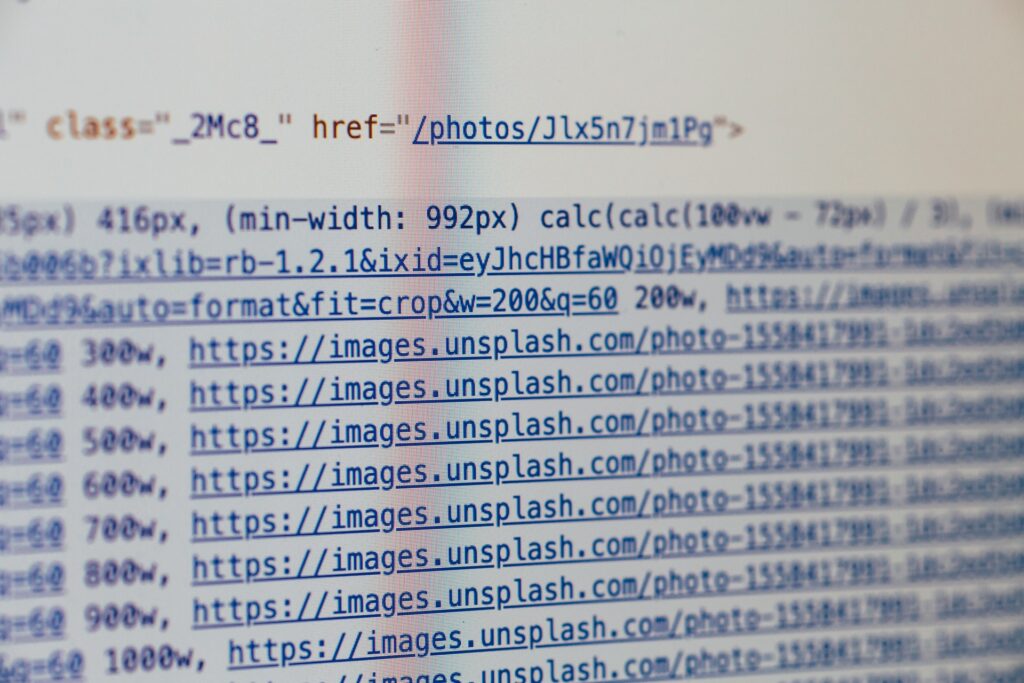AN EXAMINATION OF WEB-SCRAPING IN NIGERIA.

Web scraping is a method of data extraction from web pages. It entails accessing a collection of web pages, analyzing their code, and extracting datasets following predefined patterns or rules. Once extracted, data can be organized into a structured format, such as a database, for specific purposes, including price comparison, research, and developing marketing lists. This data supports informed decision-making, product development, and the identification of new opportunities. Web scraping raises several legal issues, particularly in relation to intellectual property rights. The process might result in the extraction of data from websites, even when the rights in such data are vested in another. It is advisable to obtain authorization or provide proper credit to the original creator, acknowledging their work. The data collection process in web scraping can impact data protection rights. It is therefore crucial to balance the data collection process with data protection rights by ensuring regulatory compliance through relevant actions, including obtaining a justifiable legal basis.
Web scraping is a powerful method for collecting extensive data. In contrast, Application Programming Interfaces (APIs) provide a structured and official means of accessing data, they expose endpoints (URLs) that enable programs to request specific information. APIs are typically accompanied by documentation and may impose rate limits or require authentication. They offer a more reliable and respectful alternative to scraping with regard to the service provider.

